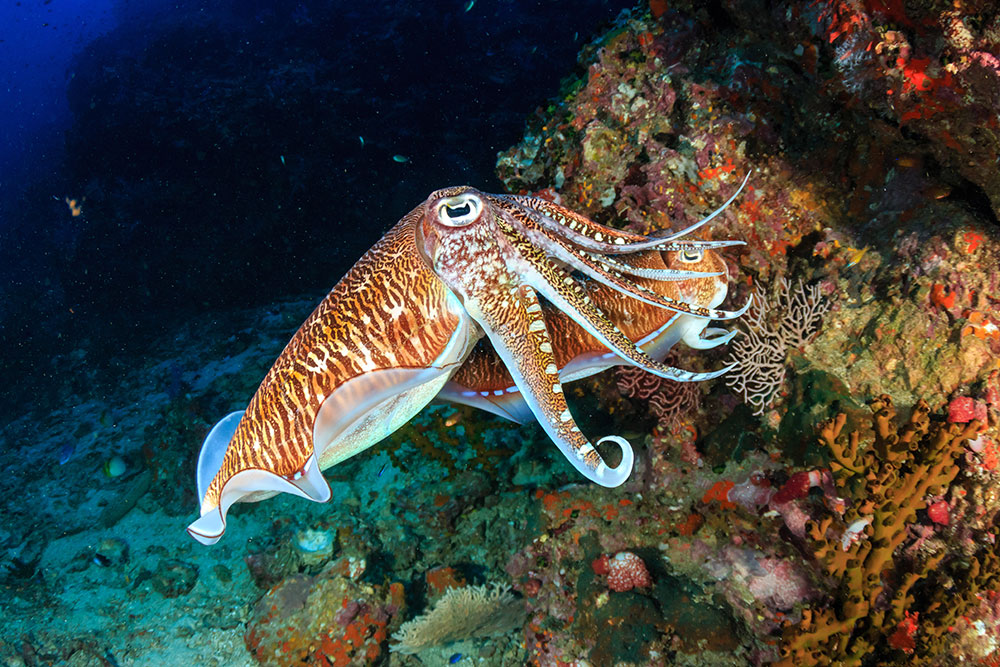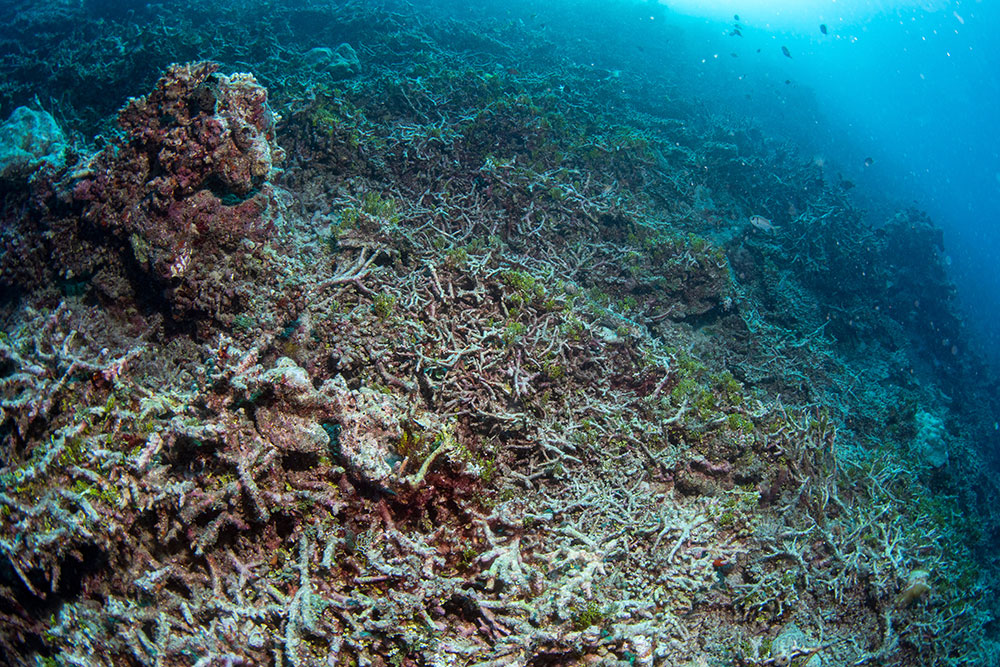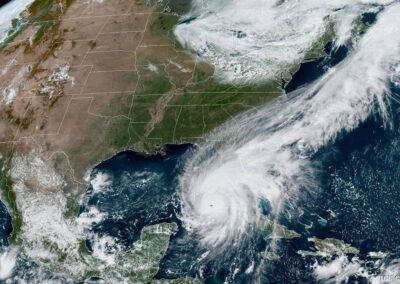Learn More About
Coral Reefs, Climate Change and How You Can Help
Make a Donation
Get Involved
Coral Reefs
Corals are important to us for many reasons. Made up of colonies of hundreds to thousands of tiny individual corals, called polyps, coral reefs are important ocean habitats and economic drivers. They provide a variety of economic benefits, including recreational activities, tourism, coastal protection, habitat for commercial fisheries, and preservation of marine ecosystems. They also offer a compelling case of the risks of climate change. Explore more about corals and learn what you can do to save them…..

Climate Change
Climate change is having a powerful impact on our oceans and marine life and on coral reefs through coral bleaching, a process that occurs in response to warming waters. Most corals rely on vibrantly colorful algae called zooxanthellae for survival. This algae lives within the tissues of corals and other cnidarians, like sea anemones and has a symbiotic relationship with them.
Working together, corals provide shelter and nutrients that zooxanthellae need for photosynthesis while zooxanthellae provide the corals with oxygen and carbohydrates that are produced through photosynthesis. Coral bleaching occurs when corals and anemones lose their zooxanthellae, and, with them, their color. Bleaching is a stress response triggered by warming water temperatures, too much or too little light, acidification or changes in salinity, or other stressors. Today, the biggest cause of coral bleaching is rising ocean temperatures. When ocean temperatures increase, zooxanthellae can be damaged or expelled from the coral entirely.
Click to LEARN MORE on Climate Change Impacting Coral Reefs
How You Can Help
“Not everyone can do everything, but everyone can do something to make a difference.” Dr. Sylvia Earle
Support our efforts and together we can make an impact. Make a donation. Volunteer to join our research and conservation efforts on land, under water and in the classroom. SPREAD THE WORD!!!
EXPLORE MORE WAYS TO SAVE OUR REEFS


